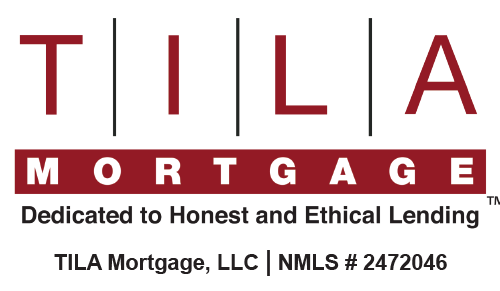How do I know how much house I can afford?
To arrive at an affordable home price you typically don’t want your total debt payments to be greater than 36% of your annual household gross income. You may be able to go higher than this debt-to-income ratio but you should talk to a TILA Loan officer before making an offer.
What is the difference between a fixed-rate loan and an adjustable-rate loan?
The interest on a fixed rate mortgage will not change for the life of the loan, while an adjustable rate will be fixed for a specified amount of time and then go up or down after that period. It will adjust up or down based on the market, but there is a cap on how high the rate can go along with a floor for how low the rate can drop. Adjustable rate mortgages tend to have lower initial interest rates, while fixed-rate mortgages have more predictable monthly payments.
How do I know which type of mortgage is appropriate for me?
There are many good choices but it will depend on your current financial situation, down payment, credit score and many other factors you can discuss with your Loan Officer.
What's included in my monthly mortgage payment?
The payment is broken down into Principal, Interest, Taxes, and Insurance (often abbreviated as PITI). The principal portion goes directly to pay down the loan balance, and the interest goes to the lender who issued the loan. The taxes are property taxes and they go to various government agencies—typically paid once or twice a year. The insurance refers to your homeowner’s insurance, which is also paid once or twice a year. The money you pay toward your taxes and insurance each month is held in escrow, who then pays these bills directly.
How much cash will I need to purchase a home?
This will depend on the purchase price and program you select but there are three categories of fees that are typically associated with a mortgage. You will need funds for an earnest money check when you make an offer on a house. This shows the seller you’re serious and are willing to forego this money if you back out. The second category is funding for a down payment — this may be as little as zero, or as much as you would like to put down. The last category is closing costs which will vary on the program and loan amount.
What is the difference between pre-qualification and pre-approval
A pre-approval is issued when an underwriter has reviewed your file whereas a pre-qualification is issued when only a Loan Officer has reviewed your file. Either can typically be used to make an offer on a home, although a loan pre-approval tends to carry more weight as the review process is more rigorous.
What is the difference between the interest rate and the annual percentage rate (APR)?
The APR is the cost of funds borrowed over a specific period of time in the form of a percentage which can include costs such as broker fees, points, and some closing costs. It is a calculation that can help you determine the overall cost of your loan. The interest rate is used to calculate the interest you pay each year and determines the amount of your monthly payment.
What is an escrow account?
An escrow account is a financial account held by a third party that holds the funds allocated for your real estate taxes and homeowner’s insurance from your monthly mortgage payment. The escrow portion of your mortgage payment can potentially fluctuate if your property taxes change or your insurance bill adjusts. If you have 20% equity at the time of your refinance or purchase, you may not be required to have an escrow account.
What is a rate lock?
A rate lock is an agreement that guarantees a specific combination of interest rate and points to the borrower for a set period of time. The agreement protects a borrower from fluctuations in the market which could negatively impact their interest rate before they are able to close their loan.
Does a bankruptcy disqualify me from a mortgage?
No, you may still be approved for a loan if enough time has passed since the bankruptcy was discharged. FHA and Conventional loans have varying wait periods.
What information do I need to provide?
Each loan program is different but typically the Loan Officer needs to review your current income and asset documentation along with an application.
Are there any zero down options?
Yes, there are loan programs that don’t require a down payment (like the VA loan) but there are specific criteria that need to be met to qualify. Other variables that may affect eligibility include the location of the home, your annual income and whether or not you’re a first-time homebuyer. Our Mortgage Advisors can help identify whether there are any zero-down programs you may qualify for.
What are discount points?
Discount points are fees that borrowers pay to “buy down” and get a lower interest rate. The cost of the discount point is a percentage of the total loan amount.
What are origination points?
Origination points are fees paid directly to a lender and are calculated as a percentage of the total loan amount. You can think of it as the price of taking out a loan. These are not the same as discount points which are used to buy down the rate.
What is PMI?
PMI stands for private mortgage insurance and is required when less there is less than 20% equity in a property. The insurance offsets losses to a lender if a borrower is not able to repay the mortgage. Some programs don’t require PMI and others offer discounted options along with the ability to finance the cost or pay the amount in cash.



